
Archives


Some Big Cities Are Coming To Their Senses On Law And Order

Some Big Cities Are Coming To Their Senses On Law And Order

AI Should Be Less Perfect, More Human
Authors Angus Fletcher and Erik J. Larson point us toward a more sustainable future working alongside artificial intelligence
Facebook and Google Face Big Legal Challenges
The FTC, dozens of states, and private citizens are coming after the big tech companies for antitrust violations
Will AI Take Over Content Moderation?
While content moderators report psychological trauma, experts weigh in on whether artificial intelligence could remove humans from the equation
Overwhelmed by Graffiti, Seattle Citizens Step In To Help
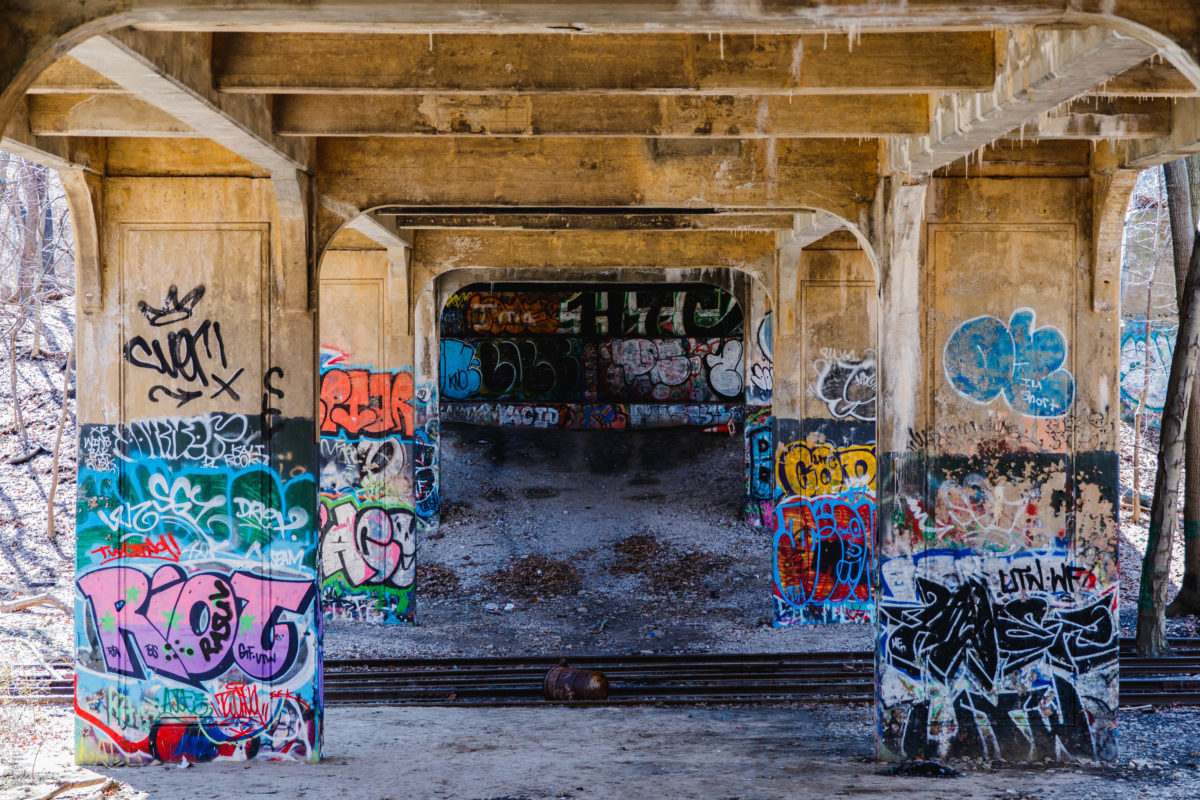
Overwhelmed by Graffiti, Seattle Citizens Step In To Help

Social Media Content Moderator Sues TikTok for PTSD
Social media moderators protect users from graphic content, but who protects the moderators?
Housing First Is Right: Affordable Housing Matters

Housing First Is Right: Affordable Housing Matters
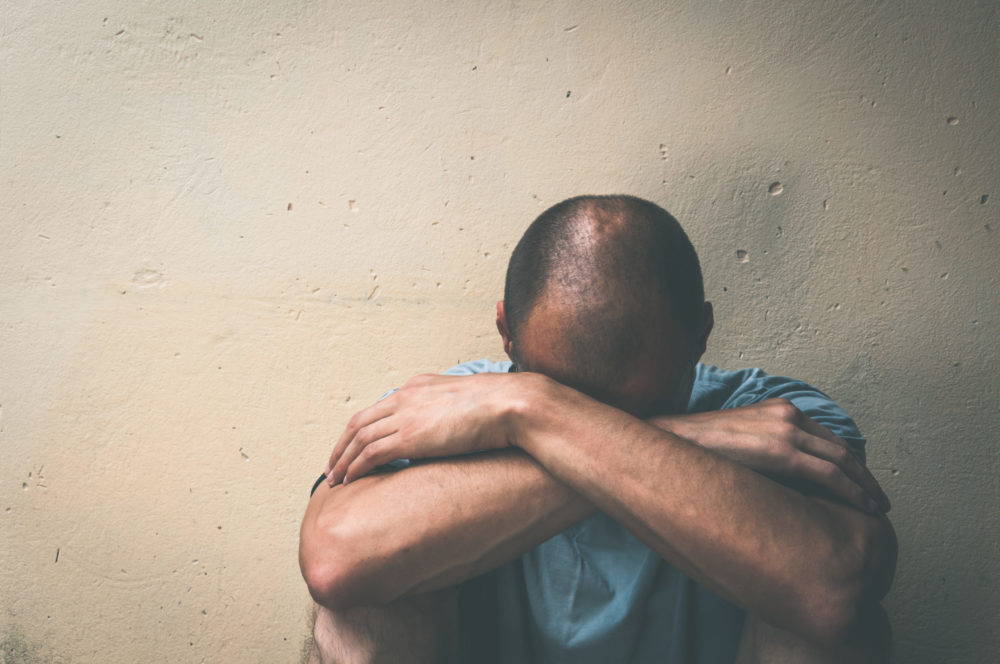
How Housing First Fails the Mentally Ill
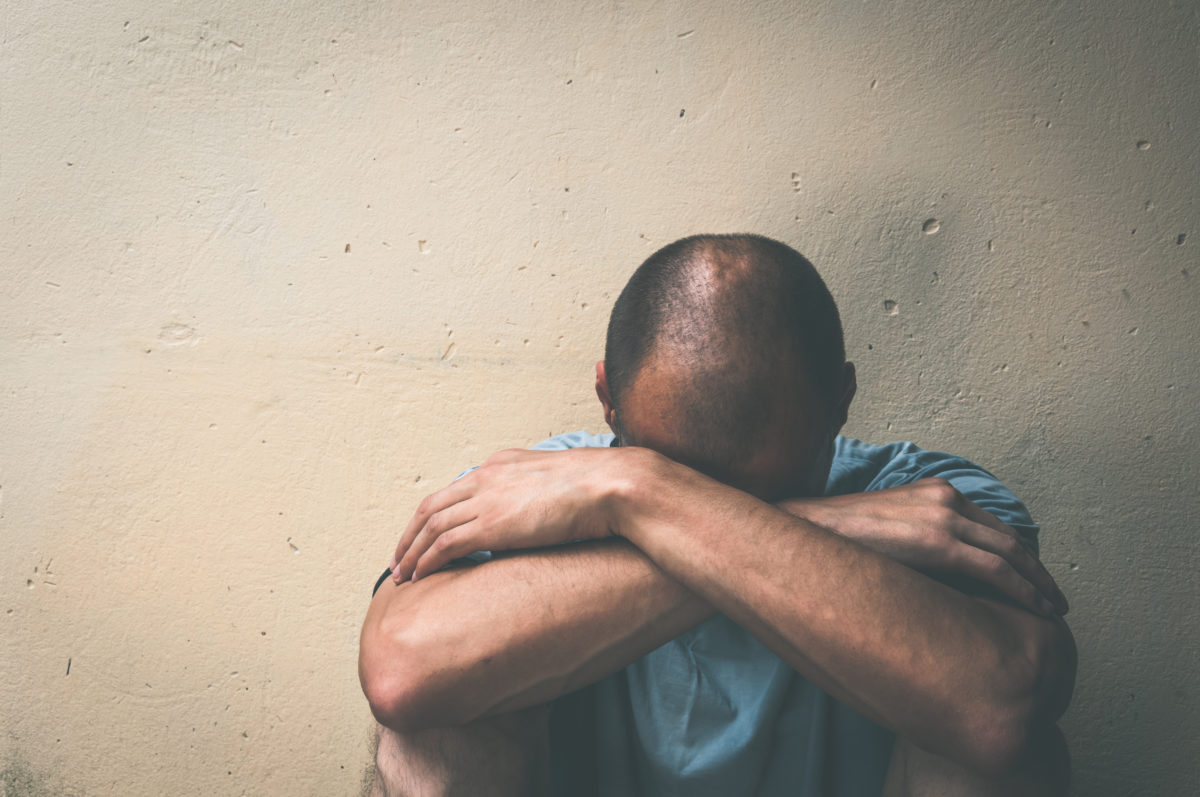
How Housing First Fails the Mentally Ill

Partner with Us for Real Solutions to the Homelessness Crisis

Partner with Us for Real Solutions to the Homelessness Crisis

A French-Based Company Wants to Make Your IDs Digital
What kinds of security concerns should be addressed before we consent to their vision of convenience?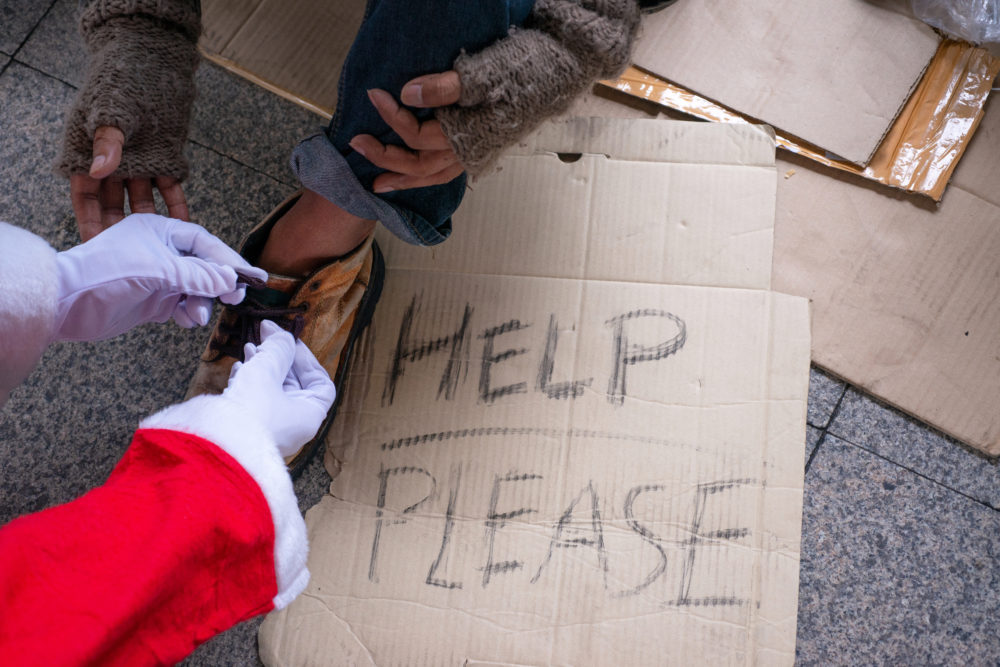
This Holiday Season, Remember the Homeless
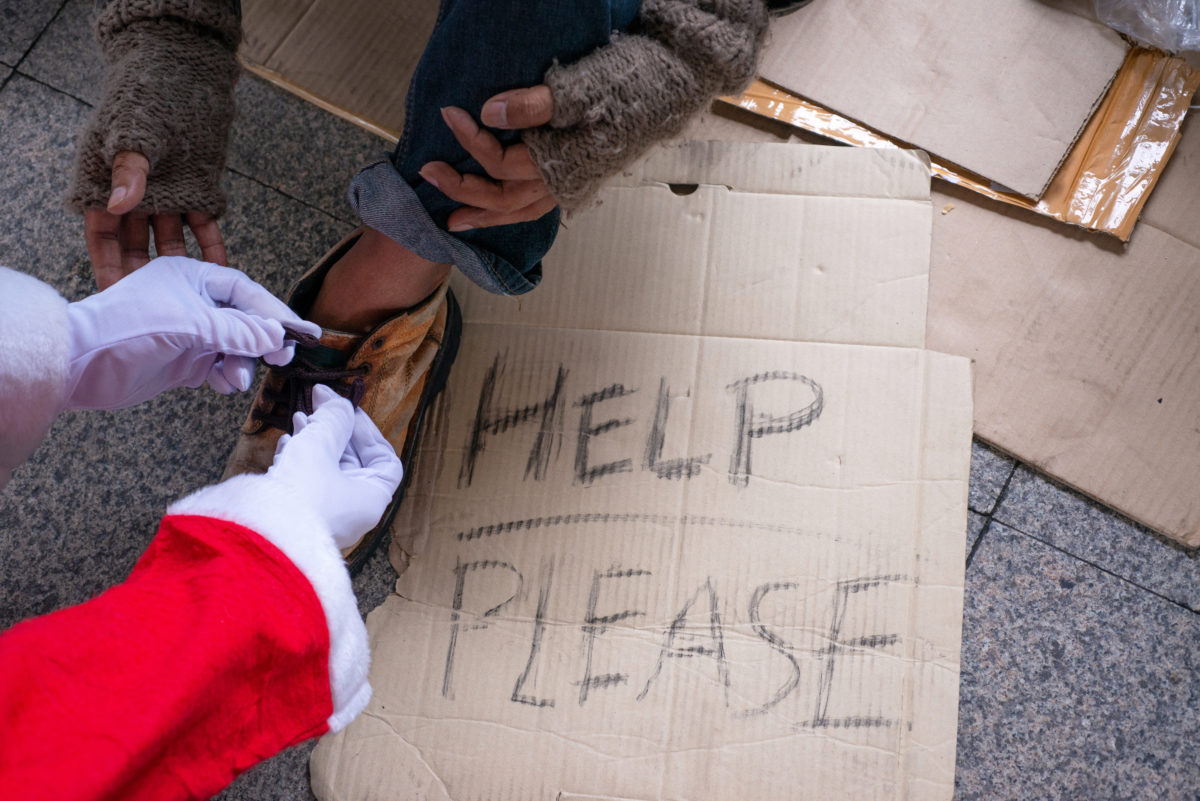
This Holiday Season, Remember the Homeless

It’s Not About How Much You Spend, It’s About HOW You Spend It
